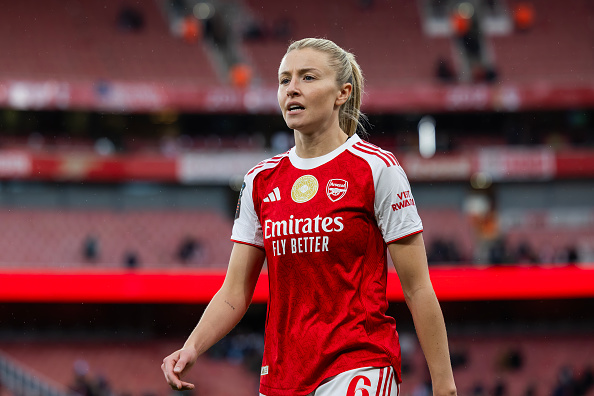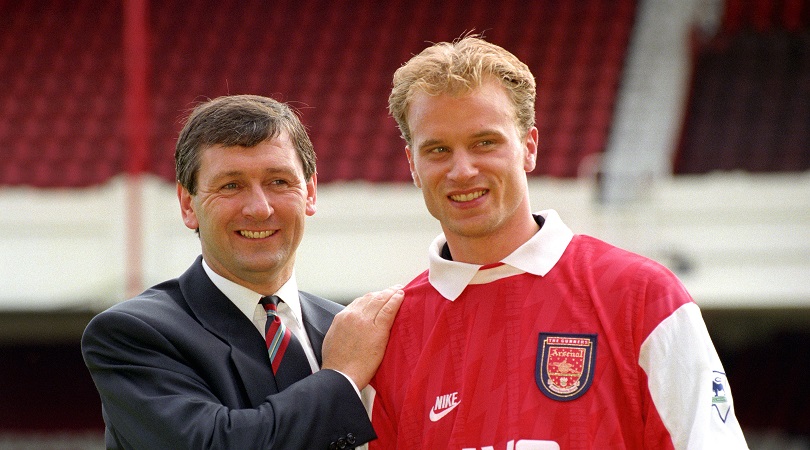
"I signed Bergkamp, y'know..."
Almost 250 managers have taken charge of a Premier League club since the competition's inception in 1992, but only 10 of them - Alex Ferguson, Kenny Dalgish, Arsene Wenger, Jose Mourinho, Carlo Ancelotti, Roberto Mancini, Manuel Pellegrini, Claudio Ranieri, Antonio Conte and Pep Guardiola - have won the title.
In this slideshow we look beyond those household names to pick out 15 of the division's most underrated bosses.
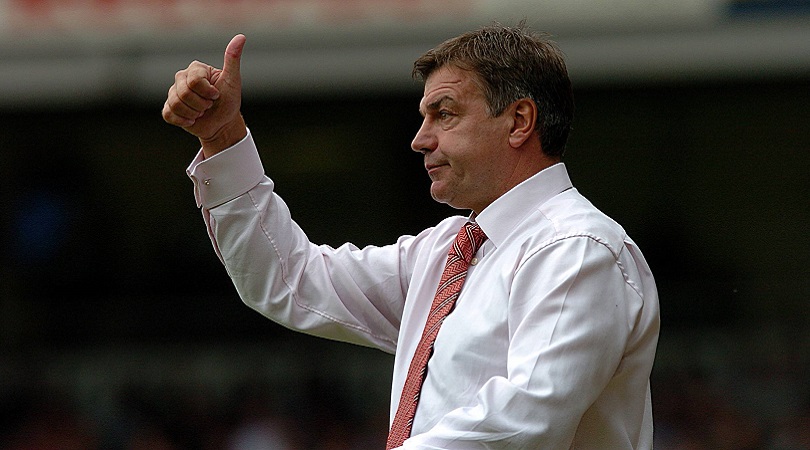
Sam Allardyce (Bolton, Newcastle, Blackburn, West Ham, Sunderland, Crystal Palace, Everton)
It’s a shame that Allardyce has come across all Little Englander in his recent punditry appearances, for he was once an innovative manager whose eclectic squad at Bolton fused British grit with international flair.
A pioneer of sports science in England, Big Sam took the Trotters into the Premier League and then into Europe, with Jay-Jay Okocha, Fernando Hierro and Youri Djorkaeff among those he persuaded to come along for the ride.
After a brief stay at Newcastle, Allardyce guided Blackburn and West Ham into the top 10, before pulling on his firefighter’s outfit to rescue Sunderland and Crystal Palace from the drop. He wasn’t much loved by the Goodison Park faithful, but the one-game England manager fulfilled his remit of keeping Everton in the division too.
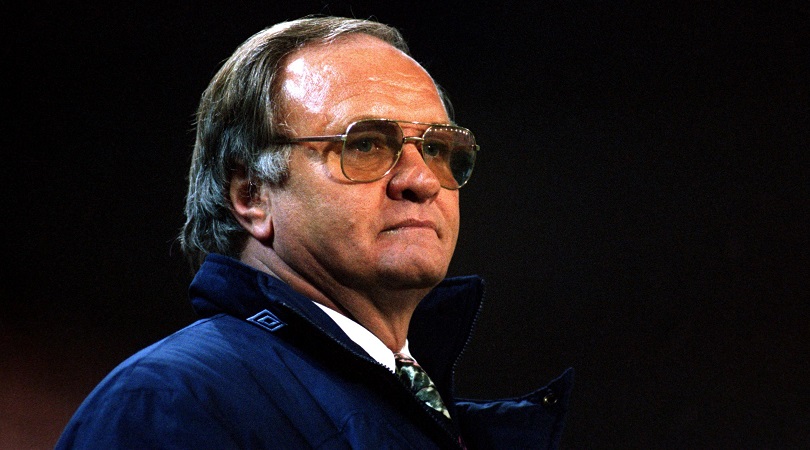
Ron Atkinson (Aston Villa, Coventry, Sheffield Wednesday, Nottingham Forest)
The bulk of Atkinson’s managerial career predates the Premier League, but he still held four jobs in England’s top flight post-1992. The first of those came at Aston Villa, with whom he finished second in the Premier League’s inaugural season – the joint-highest placing by an English manager in the last 27 years – and won the League Cup in 1994.
Atkinson later kept a struggling Coventry side in the division and repeated the feat at Sheffield Wednesday, although he wasn’t able to make it three in a row after being handed a tricky set of cards by the Nottingham Forest board in 1998/99.
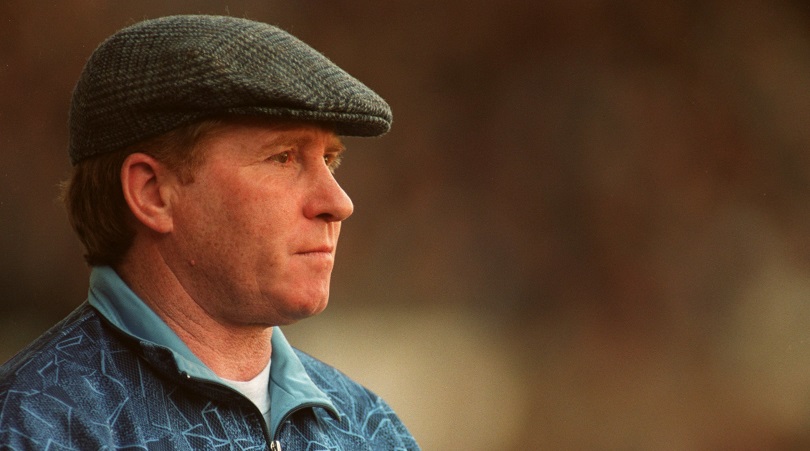
Alan Ball (Southampton, Manchester City)
Managerial legacies are about more than mere results, and Ball should be commended for being one of the few managers in the mid-1990s to embrace flair players. At a time of 4-4-2, long balls and muddy pitches, Ball invested huge faith in two misunderstood No.10s.
The first was Matt Le Tissier, perhaps the most universally popular Premier League player of this era, who scored 45 goals in 64 games after being made the centrepiece of Saints’ side. Ball controversially decamped to Manchester City, where his first signing was Georgi Kinkladze –arguably the single most technically gifted footballer in the Premier League at that stage.
City went down but Ball deserves credit for helping to promote the type of technical talents that had often been overlooked in English football.
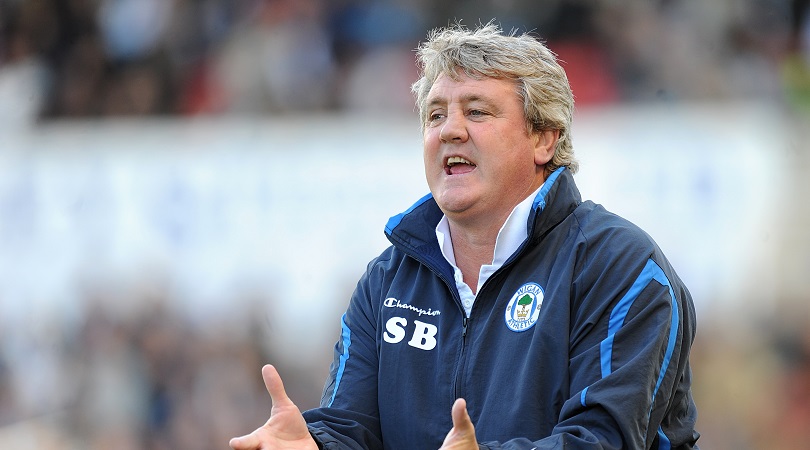
Steve Bruce (Birmingham, Wigan, Sunderland, Hull)
Too often dismissed as an old-school English manager whose methods are outdated in 2019, Bruce’s record in the Premier League is largely positive. His Birmingham team finished in mid-table for three years on the bounce before narrowly being relegated in 2005/06, with Bruce sticking around to bring them back to the top table at the first attempt.
He then finished 14th and 11th at Wigan and guided Sunderland into the top half in 2011, before keeping Hull up three years later having led them into the Premier League.
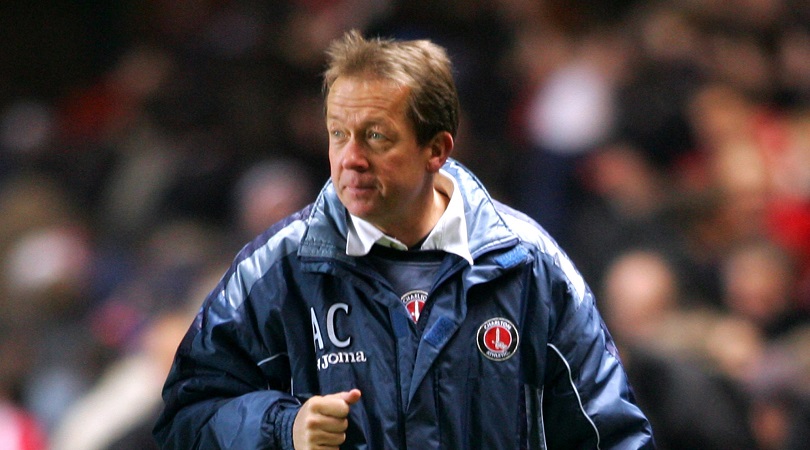
Alan Curbishley (Charlton, West Ham)
Curbishley has been out of management since 2008 but it’s only in the last couple of seasons that his name has stopped being (jokingly) linked with Premier League vacancies. The former midfielder only ever coached two clubs in a 17-year career, a decade-and-a-half of which was spent at Charlton.
Curbs won promotion with the Addicks in 1998 but was unable to keep them in the top flight the following year. They bounced back with a first-place finish in the second tier, though, and Charlton went on to establish themselves as mid-table side over the next six seasons.
He later led West Ham to safety in 2006/07 and then secured a top-half finish the next campaign, before resigning in September 2008 after accusing the board of selling two players without his approval.
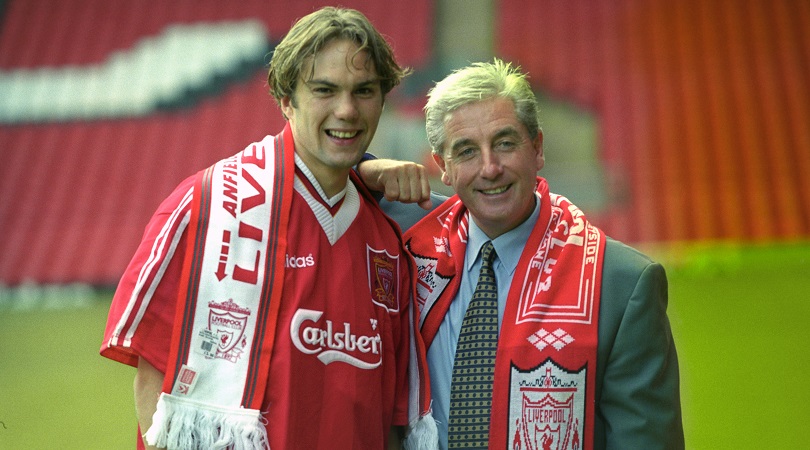
Roy Evans (Liverpool)
Evans may have only won a single League Cup during his time in charge of Liverpool, but the Bootle-born boss’ work at Anfield has long been underappreciated. The Reds were bobbing around in mid-table when Graeme Souness resigned in January 1994; not only did Evans steady the ship in his first six months in charge, his Liverpool side went on to finish fourth, third, fourth and third over the next four seasons.
The Merseysiders may ultimately have come up short in several title tussles, but the ‘Spice Boys’ tag is unfair on a manager whose team were capable of some exhilarating football on their day.
Evans also brought the best out of Robbie Fowler, Steve McManaman and Jamie Redknapp, laying the groundwork for Gerard Houllier’s more trophy-rich tenure.
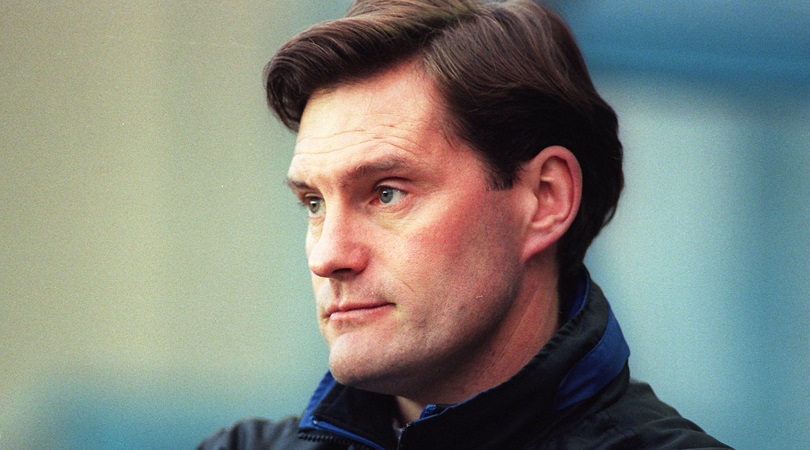
Glenn Hoddle (Chelsea, Southampton, Tottenham)
Hoddle now contributes to the game from a co-commentary seat rather than the dugout, which makes it easy to forget that he was once an innovative young coach. His first Premier League gig came as player-manager of Chelsea, where he championed a European-style sweeper system and reached the FA Cup final, before being handed the England reins aged 39.
After being sacked by the FA for controversial comments about disabled people, Hoddle returned to the Premier League with Southampton, who he saved from relegation in 2000. That helped to earn him the top job at Tottenham, who finished ninth and 10th in Hoddle’s two full campaigns.
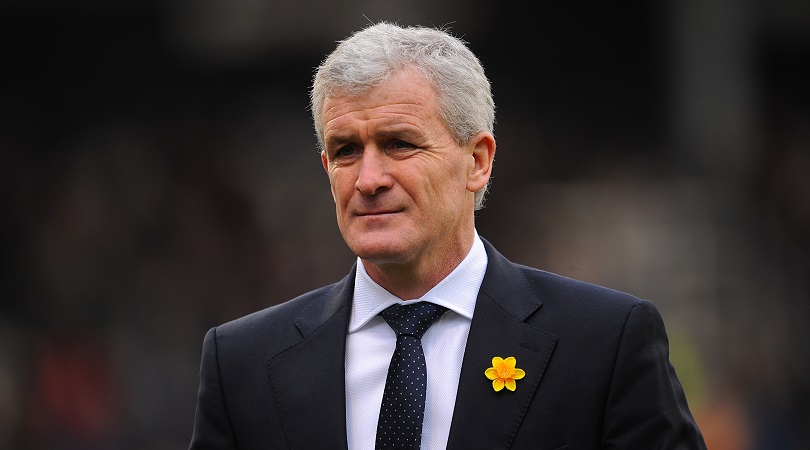
Mark Hughes (Blackburn, Man City, Fulham, QPR, Stoke, Southampton)
Hughes’ stock has fallen after failing to steer Stoke and Southampton clear of relegation trouble in the last two seasons, but the positives of his Premier League career outweigh the negatives. He impressively led Blackburn clear of the bottom three in his first season in club management and then to three top-half finishes, the first of which brought UEFA Cup qualification.
Those exploits earned him the Manchester City job, where he was unfortunate to see the ground rules change following Sheikh Mansour’s takeover, but Hughes bounced back to finish eighth with Fulham.
A stint across west London at QPR was more mixed, but the Welshman again proved his worth with three consecutive ninth-place finishes at Stoke – a club, you feel, would settle for that sort of consistency again right now.
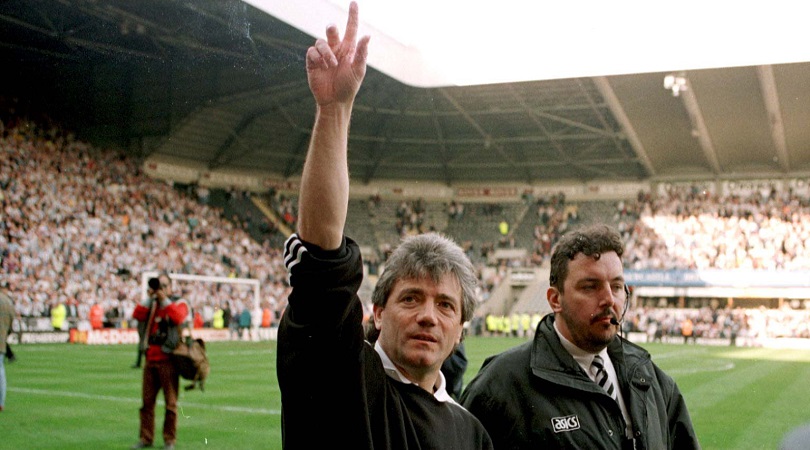
Kevin Keegan (Newcastle, Manchester City)
To many younger fans, Keegan the manager is known for little more than a comedic TV rant, resigning as England boss in the toilets and blowing a 12-point lead at the top of the Premier League.
That, however, is grossly unfair on a manager who did extraordinary work at Newcastle, assuming control when they were in danger of demotion to the third tier and ultimately leading them to within a whisker of the top-tier title, all while playing some of the most entertaining football the division has seen.
The Magpies may have fallen short in 1995/96, but Keegan took them to their highest finish for 70 years, brought Alan Shearer to his boyhood club and steered them to a famous 5-0 win over Manchester United. He later took Manchester City from Division One to the UEFA Cup, before returning to Newcastle for a difficult eight-month spell in 2008.
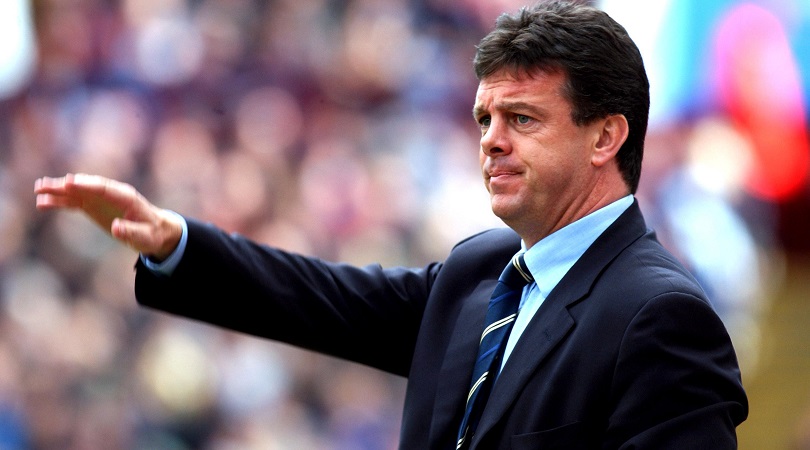
David O'Leary (Leeds, Aston Villa)
Formerly George Graham’s assistant at Elland Road, O’Leary was installed as Leeds’ permanent boss after a successful spell in caretaker charge. His subsequent work is tempered by knowledge of the financial implosion which followed, but it’s undeniable that the Irishman did brilliantly to secure four top-five finishes and take the Yorkshire outfit all the way to the Champions League semi-finals.
His next job was at Villa, who finished sixth in O’Leary’s maiden season at the helm. Things got gradually worse thereafter as the West Midlanders dropped to 10th in 2004/05 and 16th in 2005/06, but O’Leary’s fine work previously shouldn’t be forgotten.
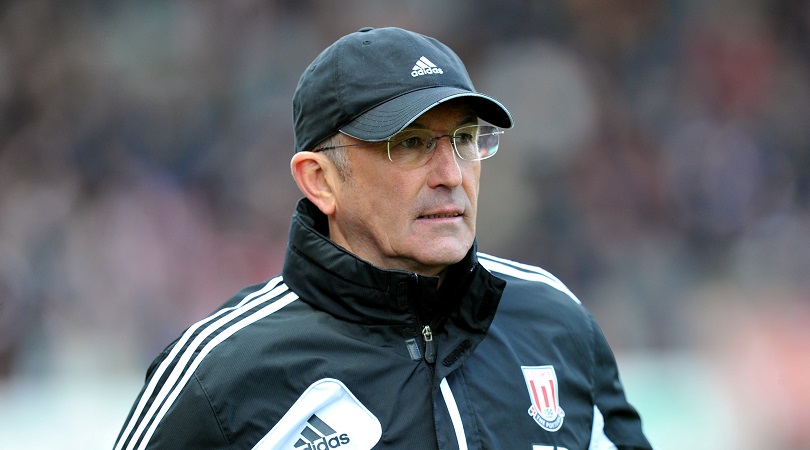
Tony Pulis (Stoke, Crystal Palace, West Brom)
Stoke supporters were ready for a change by the time Pulis’ second spell in charge came to an end in 2013, but the Welshman left with their well-wishes after establishing the Potters in the Premier League.
City never finished lower than 14th during the former defender’s time at the helm, and while the style of football wasn’t to the purists’ taste, there could be no doubting its effectiveness.
Pulis proceeded to drag a doomed Crystal Palace side out of relegation trouble and into mid-table in 2013/14, before masterminding a similar rescue act at West Brom the following season. After 14th- and 10th-place finishes, things went sour in his final campaign at The Hawthorns, but – aesthetics aside – Pulis’ overall top-tier record is excellent.
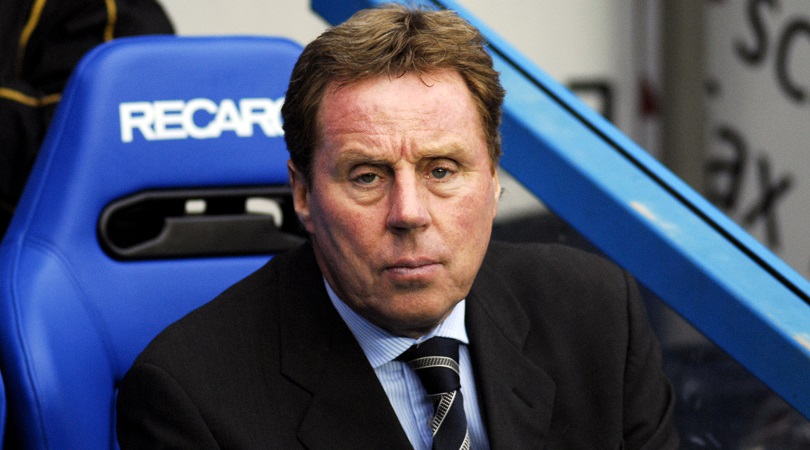
Harry Redknapp (West Ham, Portsmouth, Southampton, Tottenham, QPR)
The King of the Jungle’s career in management fizzled out in unhappy circumstances at Birmingham, but in his pomp Redknapp was a terrific – and underrated – boss. He established West Ham in the Premier League in the 1990s while blooding some magnificent young talent in the team, handing debuts to Michael Carrick, Joe Cole, Frank Lampard and Rio Ferdinand.
Success with Portsmouth (Premier League survival and, in his second spell, an FA Cup triumph) was counterbalanced by failure at south-coast rivals Southampton (relegation), but Redknapp reaffirmed his credentials by taking Tottenham from the foot of the table to the quarter-finals of the Champions League.
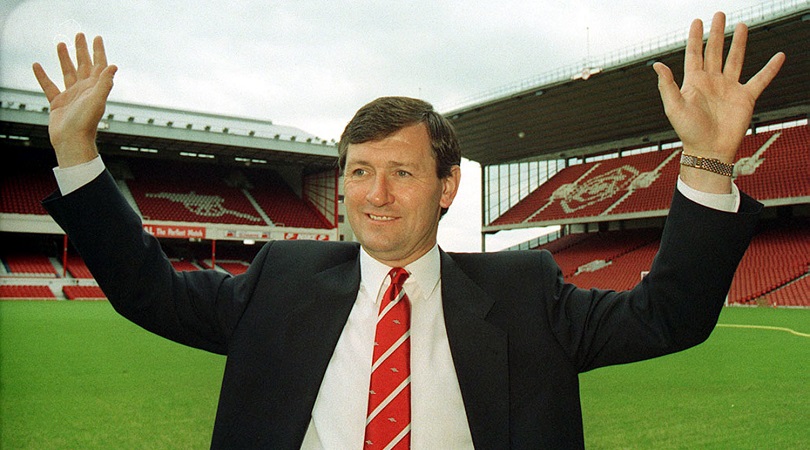
Bruce Rioch (Arsenal)
Rioch's name generally only crops up as the answer to a quiz question (‘Who was Arsenal’s manager before Arsene Wenger?’), and those who recall his presence in the Arsenal dugout remember little more than his disagreements with Ian Wright and reputation as a hard taskmaster.
However, behind the old-school approach there was a thoughtful manager who started Arsenal’s rapid evolution over the 1990s, helping to embrace a more cultured, attack-minded game than Gunners fans were accustomed to under George Graham. It was Rioch’s only Premier League job, and he has remained out of the limelight in retirement, sporadically emerging to enthusiastically praise Wenger and Arsenal’s style of play that he, in a subtle way, helped to create.
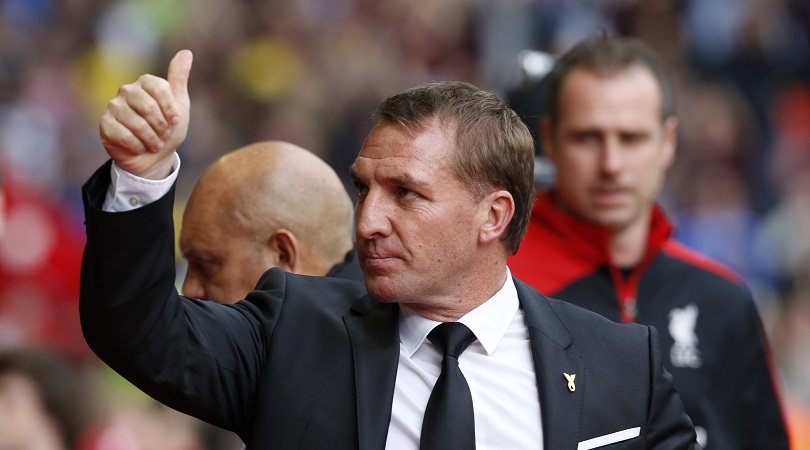
Brendan Rodgers (Swansea, Liverpool, Leicester)
After three years north of the border with Celtic, Rodgers is back in the Premier League with Leicester. Unfairly viewed as a novelty figure by many, the Northern Irishman did well in both of his previous jobs in England’s top flight and is the ideal figure to bring the best out of the Foxes’ numerous young talents.
He was a possession obsessive at Swansea – the club he led to a mid-table finish in 2011/12, having won promotion the previous year – and the former Chelsea coach became a more adaptable manager at Liverpool, where he almost won the title. The argument that the Reds only came so close in 2013/14 because of Luis Suarez ignores the fact that Rodgers successfully set up his side to get the best out of the brilliant Uruguayan – as well as attacking team-mates Daniel Sturridge, Philippe Coutinho and Raheem Sterling.
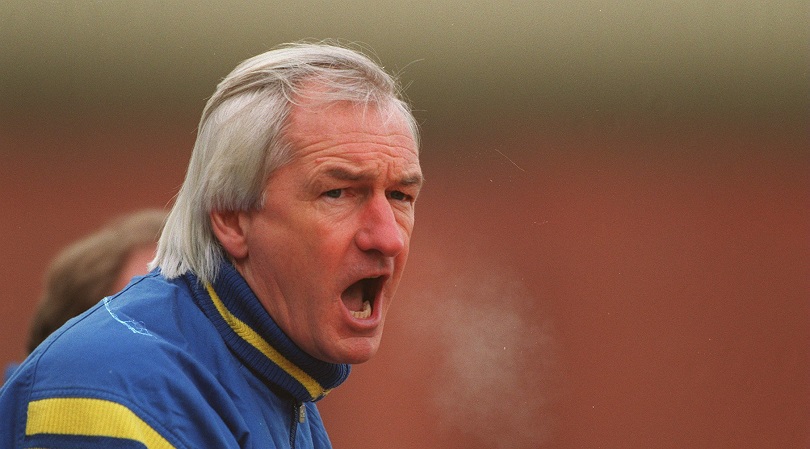
Mike Walker (Norwich, Everton)
The Premier League’s first season wasn’t a great showcase for attack-minded, technical play, with neutral’s favourites Norwich one of the few sides who adopted a possession-based approach. Walker encouraged his newly-promoted team to play without fear; Mark Bowen and Ian Culverhouse flew forward from full-back, Ian Crook bombed on from midfield, David Phillips scored some long-range screamers, Ruel Fox was perhaps the division’s quickest winger and Mark Robins got the goals up front.
By December, Norwich were eight points clear at the top, but then somehow managed to not score in their next five games. Ultimately Norwich lacked the requisite belief and were defensively naive, but a third-place finish was a major success for a side who had been in the second tier the previous season.
Greg Lea is a freelance football journalist who's filled in wherever FourFourTwo needs him since 2014. He became a Crystal Palace fan after watching a 1-0 loss to Port Vale in 1998, and once got on the scoresheet in a primary school game against Wilfried Zaha's Whitehorse Manor (an own goal in an 8-0 defeat).
 Join The Club
Join The Club











